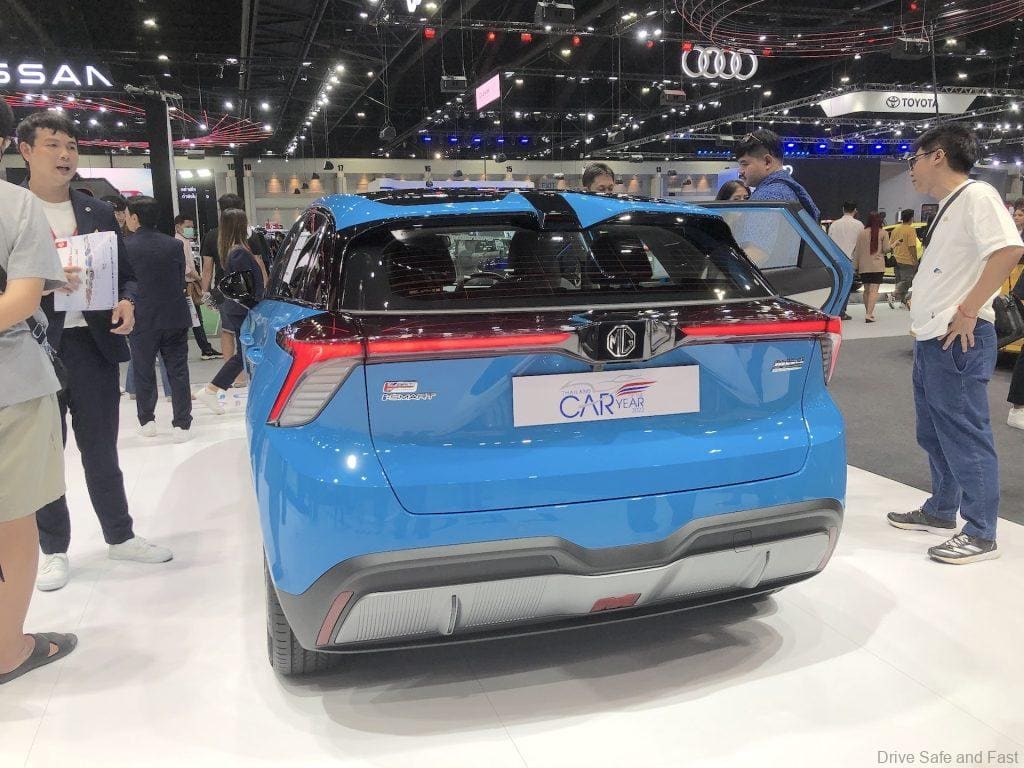Malaysia should take note and learn from Thailand right now on electric vehicle insurance rates
Facing a loss ratio of over 90 percent for electric vehicle (EV) insurance, coupled with fluctuating prices in the new and used electric cars, insurance companies in Thailand are now facing challenges in setting appropriate insurance premiums for new electric vehicles.
The Bangkok Post recently reported that the Thai General Insurance Association (TGIA) has indicated that competition and the rapid depreciation of EVs may impact insurance value.
The insurance loss ratio (overall amount of incurred losses to the insured amount), has surged to 90-100 percent.
Additionally, maintenance and component replacement costs are 50-60 percent higher than those for ICE (petrol and diesel powered) vehicles, affecting the profitability of insurance companies directly.
According to the Thailand Office of Insurance Commission (OIC), 23 insurance companies offer EV insurance. However, some companies have ceased providing EV insurance or have developed more stringent premium structures.

For instance, Japan’s Tokio Marine Insurance’s Thai branch modified its premium calculation method on July 1 2024. Existing customers will still receive regular coverage with premiums based on their claims records. However, for new customers or those transferring their policies, the company has temporarily halted the current fixed-rate premium.
The biggest challenge in insuring EVs is the batteries. According to Lars Heibutzki, President and CEO of Allianz Ayudhya General Insurance, noted that batteries make up about 70 percent of an EV’s price and are critical components with inherent risks such as fire hazards, high replacement costs, and technical service fees.
“The fast pace of technological change can make parts obsolete quickly, affecting long-term insurability. However, the rapid growth of technological advancement also has led to a decrease in car prices because battery prices have significantly dropped,” he added.
Moreover, the development of connectivity in EVs increases cybersecurity risks. The continuously evolving domestic EV market, combined with the influx of foreign investors, complicates risk assessment further.



This is not just happening in Thailand. In October 2023 it was reported that the average EV insurance costs rose a staggering 72 percent in the past year alone, compared to just 29 percent for internal combustion engine (ICE) cars. Premiums for the popular Tesla Model 3 saw a dramatic increase of over two-thirds in the last two years as well.
Moreover, these shocking statistics have led insurance companies like John Lewis to suspend sales of EV policies as they reevaluate the cost of repairs. So, what exactly is behind this surge in insurance price? Research conducted by Thatcham reveals that the result may be that EV claims are typically 25 percent higher than those of ICE cars and take 14 percent longer to repair.